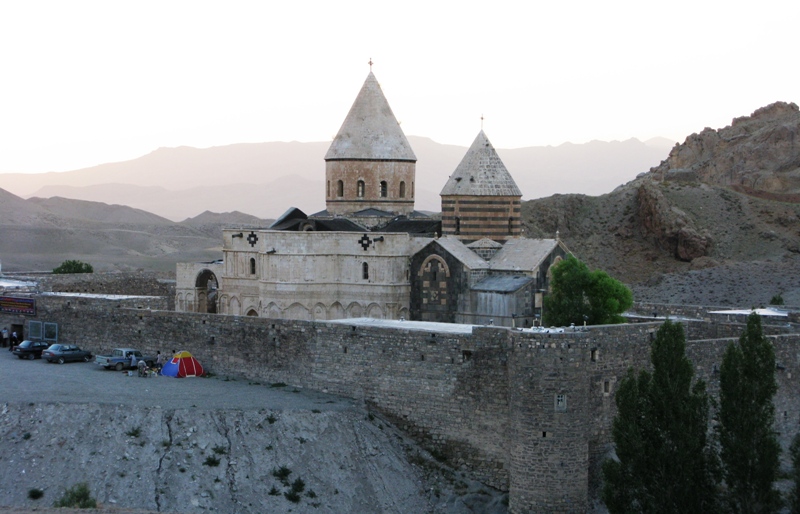|
Judas The Zealot
The name Judas the Zealot (Judas Zelotes) is mentioned in the ''Epistle of the Apostles'' (Epistula Apostolorum), written in the 2nd century. He is usually identified with the Apostle Simon the Zealot or with the Apostle Jude the Apostle, Jude. Bruce Metzger, in his ''Textual Commentary on the Greek NT'',''A Textual Commentary on the Greek New Testament'', Revised edition, Peabody, Massachusetts: Hendrickson Publishers, 2005 , p. 21. comments on Matthew 10:3: :"The name ''Judas Zelotes'' in several Old Latin manuscripts (compare also the same name in the fifth century mosaic in the great Baptistry at Ravenna) may be a further assimilation to the previous name in Luke's list, "Simon who was called the Zealot."" Notes [...More Info...] [...Related Items...] OR: [Wikipedia] [Google] [Baidu] |
Epistle Of The Apostles
The Epistle of the Apostles () is a work of New Testament apocrypha. Despite its name, it is more a gospel or an apocalypse than an epistle. The work takes the form of an open letter purportedly from the remaining eleven apostles describing key events of the life of Jesus, followed by a dialogue between the resurrected Jesus and the apostles where Jesus reveals apocalyptic secrets of reality and the future. It is 51 chapters long. The epistle was likely written in the 2nd century CE in Koine Greek, but was lost for many centuries. A partial Coptic language manuscript was discovered in 1895, a more complete Ethiopic language manuscript was published in 1913, and a full Coptic-Ethiopic-German edition was published in 1919. The work's intent is to uphold early orthodox Christian doctrine, refuting Gnosticism and docetism. The teachings of the Gnostics Cerinthus and Simon Magus are denounced as false. In the debate on the nature of Jesus's existence of the 2nd century, the E ... [...More Info...] [...Related Items...] OR: [Wikipedia] [Google] [Baidu] |
Simon The Zealot
Simon the Zealot (, ), also the Canaanite or the Canaanean (, ; ; ; ), was one of the apostles of Jesus. A few pseudepigraphical writings were connected to him, but Jerome does not include him in ''De viris illustribus'' written between 392 and 393 AD. Identity Gospel-based traditions The name Simon occurs in all of the Synoptic Gospels and the Book of Acts each time there is a list of apostles, without further details: To distinguish him from Simon Peter, he is given a surname in all three of the Synoptic Gospels where he is mentioned. Simon is called "''Zelotes''" in Luke and Acts ( ). For this reason, it is generally assumed that Simon was a former member of the political party, the Zealots. In Matthew and Mark, however, he is called "''Kananites''" in the Byzantine majority and "''Kananaios''" in the Alexandrian manuscripts and the Textus Receptus ( ). Both ''Kananaios'' and ''Kananites'' derive from the Hebrew word קנאי ''qanai'', meaning '' zealous'', s ... [...More Info...] [...Related Items...] OR: [Wikipedia] [Google] [Baidu] |
Jude The Apostle
Jude the Apostle (Ancient Greek: Ἰούδας Ἰακώβου translit. Ioúdas Iakóbou Syriac/Aramaic: ܝܗܘܕܐ translit. Yahwada) was one of the Twelve Apostles of Jesus according to the New Testament. He is generally identified as Thaddeus (Ancient Greek: Θαδδαῖος; Armenian: Թադեոս; Coptic: ⲑⲁⲇⲇⲉⲟⲥ) and is also variously called Judas Thaddaeus, Jude Thaddaeus, Jude of James, or Lebbaeus. He is sometimes identified with Jude, the brother of Jesus, but is clearly distinguished from Judas Iscariot, the disciple who betrayed Jesus prior to his crucifixion. Catholic writer Michal Hunt suggests that Judas Thaddaeus became known as Jude after early translators of the New Testament from Greek into English sought to distinguish him from Judas Iscariot and subsequently abbreviated his forename. Most versions of the New Testament in languages other than English and French refer to Judas and Jude by the same name. The Armenian Apostolic Church hon ... [...More Info...] [...Related Items...] OR: [Wikipedia] [Google] [Baidu] |
Bruce Metzger
Bruce Manning Metzger (February 9, 1914 – February 13, 2007) was an American biblical scholar, Bible translator and textual critic who was a longtime professor at Princeton Theological Seminary and Bible editor who served on the board of the American Bible Society and United Bible Societies. He was a scholar of Greek, New Testament, and New Testament textual criticism, and wrote prolifically on these subjects. Metzger was an influential New Testament scholar of the 20th century. He was elected to the American Philosophical Society in 1986. Biography Metzger was born on February 9, 1914, in Middletown, Pennsylvania, and earned his BA (1935) at Lebanon Valley College. Metzger had strong academic training in Greek before enrolling in Princeton Seminary, and in the summer prior to entering the Seminary, he completed reading through the entire Bible consecutively for the twelfth time. He received his ThB in 1938 at Princeton Theological Seminary, and in the autumn of 1938 ... [...More Info...] [...Related Items...] OR: [Wikipedia] [Google] [Baidu] |



